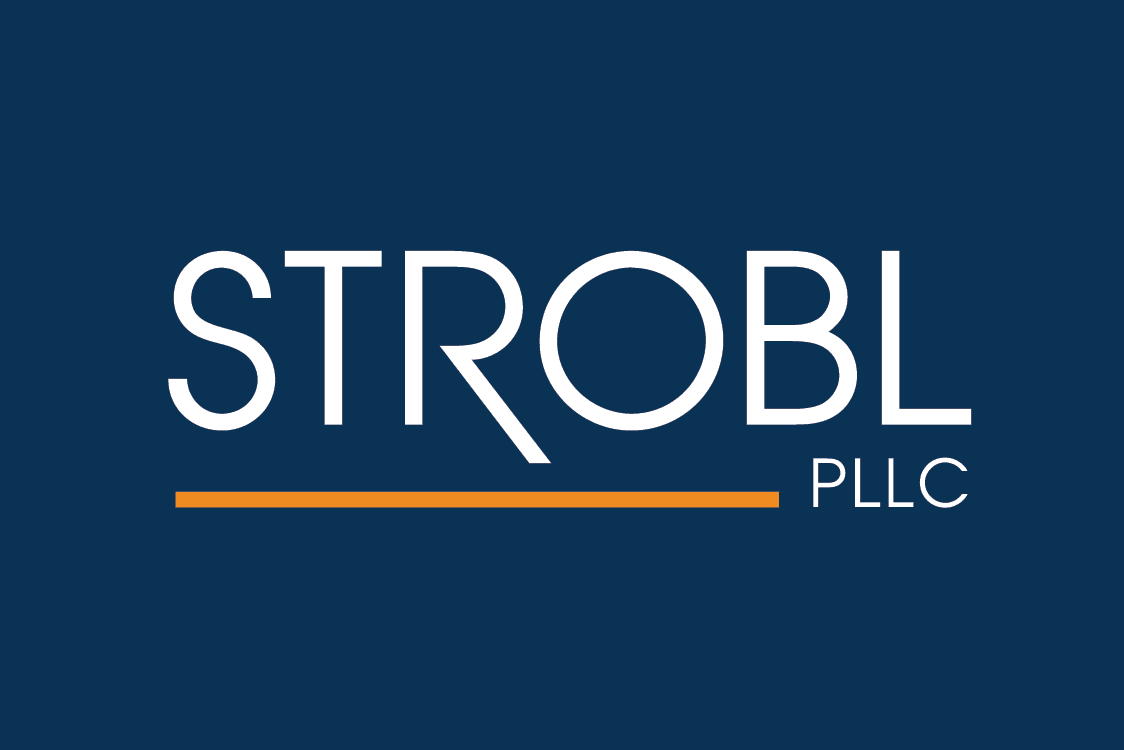In these unprecedented times, many owners are frequently forced to make difficult decisions regarding the viability of their business. A Chapter 11 bankruptcy reorganization may allow for the preservation of the existing business, but first each business owner must assess whether the business is worth saving. Below is a list of considerations in determining if the business is worth saving and whether or not the utilization and protection of the Bankruptcy Code is appropriate.
- Is the business able to generate net income after the payment of expenses necessary to maintain operations (rent, wages, utilities, cost of goods sold), but before debt service (whether secured or unsecured)? Cash flow is critical to a successful Chapter 11 bankruptcy reorganization.
- To what extent will the business be able to shed debt (as well as certain other obligations, such as leases and executory contracts) thru the Chapter 11 bankruptcy reorganization. Is the bulk of the business’ debt secured by assets or is it potentially tax debt that will require full payment through the plan of reorganization.
- Will the business’ creditors cooperate? Will suppliers continue to work with the business during the course of the bankruptcy and will they ultimately support the confirmation of a Chapter 11 bankruptcy reorganization plan.
- Is the business’ projected profitability higher than the likely demands of creditors for payments? Marginal profits may keep the doors open but will not fund any material repayment of old debt, especially if that debt is fully secured or owed to a taxing authority.
- Will a Chapter 11 bankruptcy effect the business going forward? Bankruptcy has a direct impact on a business. Existing customers may seek to resource their business. Those simply purchasing commodities may not be concerned. However, customers that rely on a specialized manufacturing process or service may fear that a business failure will disrupt their source of goods or services.
- Does the business need working capital? Suppliers may be unwilling to extend terms and may demand C.O.D terms. In a tight market, suppliers of unique and critical goods may refuse to supply, even on a C.O.D. basis. Customers with ongoing contractual relationships may delay or withhold payment of prepetition invoices to drive a breach of contract claim in order to take advantage of setoff rights which are preserved in bankruptcy.
- What form will the business take after exiting the Chapter 11 bankruptcy reorganization?
Chapter 11 bankruptcy reorganization is a process with many participants, each of whom has rights. A successful Chapter 11 business reorganization is not determined by the will of the business owner alone. The procedure is intended to balance the relief it affords to the business owner with protection for creditors. With careful planning and the assistance of skilled bankruptcy counsel, a Chapter 11 bankruptcy reorganization may just make a business worth saving.
Strobl is a team of experienced and trusted lawyers that can advise on all matters relating to bankruptcy and restructuring. For more information, visit Strobl online at www.stroblandsharp.com or on LinkedIn.


